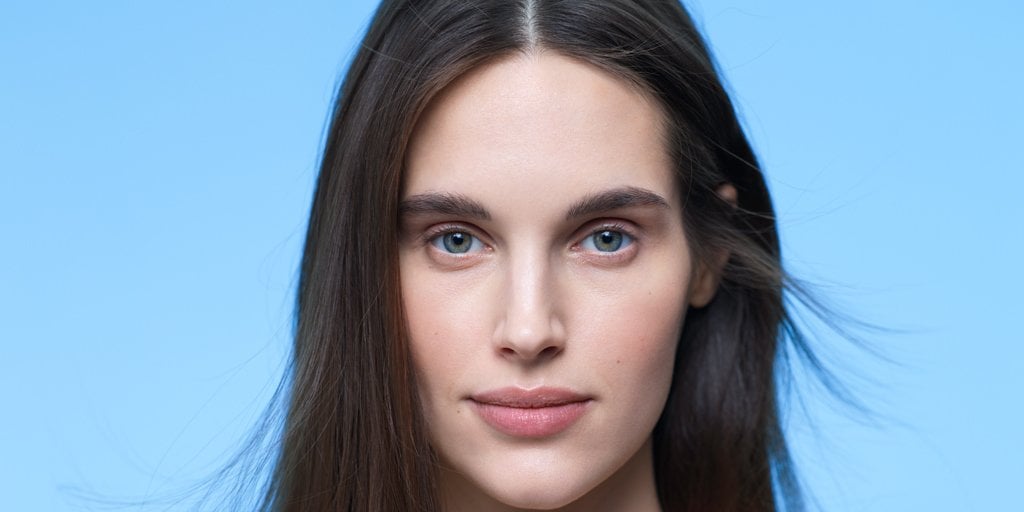CAUSES OF ITCHY SCALP INCLUDE
SEBORRHEIC DERMATITIS, ECZEMA,
DERMATITIS HERPETIFORMIS, PSORIASIS,
OR EVEN NITS
How can itchy scalp best be treated? Read on for the dermatologist’s perspective.
Dermatologists first examine the scalp to see if it displays seborrheic dermatitis (also known as scalp eczema), psoriasis, or any other condition. These scalp disorders show extensive redness and scaling of the skin. It could also be a straightforward case of lice, so they systematically look for nits
MOST OFTEN, SCALP DERMATITIS IS CAUSED
BY SHAMPOO AND BLOW-DRYING
However, dermatologists most often see simple, fine and adherent dandruff with a little redness. This is caused by skin irritation due to external products.
Dermatologists ask their patients how often they wash their hair and what type of shampoo they use. Washing your hair too often with inappropriate shampoo can cause chronic irritation, which is a source of itchiness. This becomes a vicious circle as scratching the scalp provokes inflammation. Drying hair with a hair dryer that is set too high can also harm the scalp. And, don’t underestimate stress, which often triggers itchiness.
FIRST, TREAT THE CAUSE OF SCALP ECZEMA
There are highly effective treatments for scalp eczema and seborrheic dermatitis. These include anti-fungal shampoos and topical steroids.
SENSITIVE SCALPS NEED
THE GENTLEST OF CARE
But if the source of irritation is external, it is very important to use a gentle shampoo, thoroughly rinse the hair and not use exfoliant (keratolytic) shampoo on a daily basis. There are also cosmetic products that can be applied after washing hair to soothe overly sensitive scalps. Blow-drying and styling hair must be done gently. Dermatologists also point out that avoiding stressful situations is important as stress can trigger increased sensitivity.






